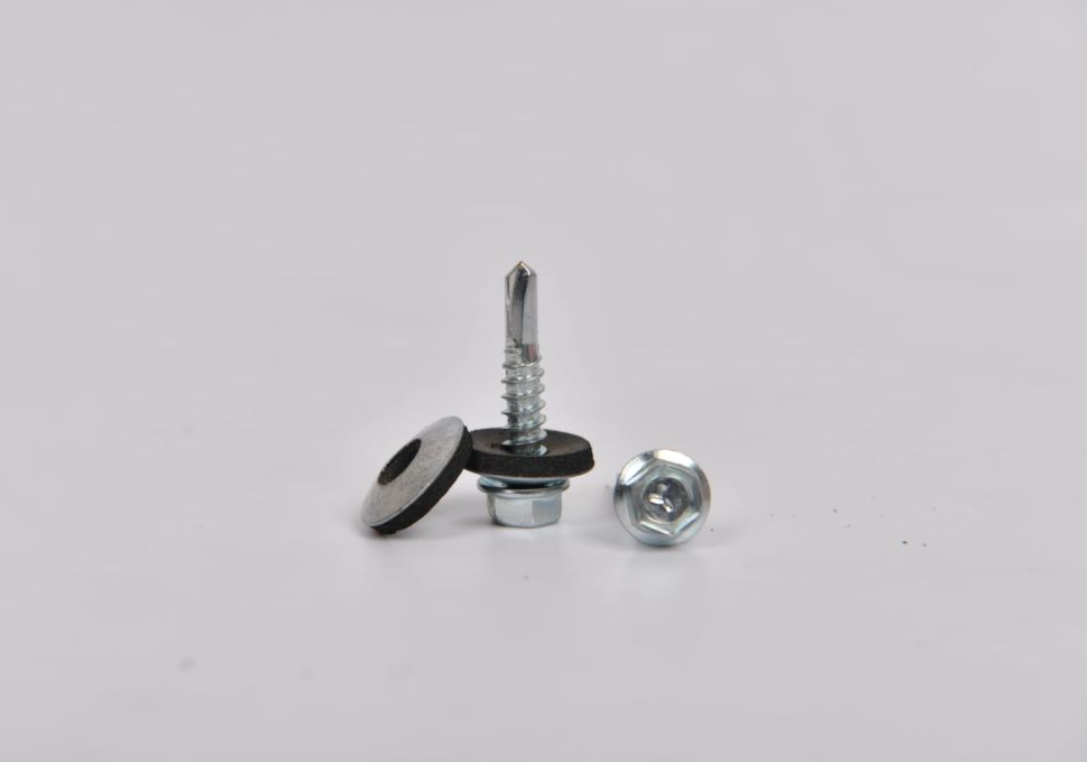Exploring Various Materials for Custom Spring Washers in Engineering Applications and Designs
Custom Spring Washer Materials A Comprehensive Overview
When it comes to the world of mechanical engineering and assembly, spring washers play a crucial role in ensuring the reliability and performance of various applications. These components are designed to provide a spring effect, which allows for increased flexibility, load distribution, and vibration dampening. However, the performance of spring washers heavily depends on the materials used in their construction. This article will delve into the various materials used for custom spring washers, exploring their properties, advantages, and applications.
Understanding Spring Washers
Before discussing materials, it’s essential to understand what spring washers are. Typically, spring washers are circular metal rings with a slight cant or curvature. When placed under a bolt or nut, they exert a spring force, helping to maintain tension and preventing loosening due to vibration or thermal expansion. The two most common types of spring washers are the helical and wave washers, each designed for specific applications.
Material Choices for Spring Washers
1. Carbon Steel Carbon steel is one of the most commonly used materials for manufacturing spring washers. It offers excellent strength and hardness, making it suitable for a wide range of applications. Carbon steel washers can be case-hardened to improve wear resistance and fatigue strength. However, they are prone to corrosion, so they may require additional coatings, such as zinc plating or phosphating, for enhanced protection.
2. Stainless Steel Stainless steel is favored for its corrosion resistance and durability. The most common grades used in spring washer production include 302, 304, and 316. These grades not only provide excellent mechanical properties but also withstand harsh environments, making them ideal for applications in marine, chemical, and food processing industries. Although stainless steel washers can be more expensive than carbon steel options, their longevity and performance justify the investment for many applications.
custom spring washer material

3. Alloy Steel Alloy steels, which are carbon steels with the addition of other elements such as nickel, chromium, or molybdenum, offer improved strength and toughness. They are often used in high-stress applications where superior performance is required. Alloy steel spring washers provide excellent deformation resistance and are suitable for heavy machinery and automotive applications.
4. Bronze Bronze washers are known for their excellent anti-friction properties and resistance to wear, making them ideal for applications involving dynamic loads. They are often used in applications such as pumps, valves, and bearings. While less common than steel options, bronze washers are preferred in situations where low friction and corrosion resistance are critical.
5. Plastic and Composite Materials In cases where metal materials may not be appropriate, plastic and composite materials are emerging as viable alternatives. Materials such as nylon, PTFE (Teflon), and fiberglass-reinforced plastics offer excellent chemical resistance, lightweight properties, and non-conductivity. These materials are particularly useful in electronic and aerospace applications, where weight savings and non-corrosive properties are essential.
Custom Spring Washers
Choosing the right material for custom spring washers depends on specific application requirements, including load capacity, environmental exposure, and operational conditions. Many manufacturers offer customization options to ensure that the washers meet precise specifications. Engineers often work closely with suppliers to design washers that optimize performance and longevity.
In conclusion, the material selection for custom spring washers is a crucial factor that influences their effectiveness and longevity in various applications. By understanding the properties and advantages of different materials, manufacturers and engineers can make informed choices tailored to their specific needs. Ultimately, investing in the right material will enhance the reliability and performance of mechanical systems, ensuring that they function optimally in their intended environment.
-
Top Choices for Plasterboard FixingNewsDec.26,2024
-
The Versatility of Specialty WashersNewsDec.26,2024
-
Secure Your ProjectsNewsDec.26,2024
-
Essential Screws for Chipboard Flooring ProjectsNewsDec.26,2024
-
Choosing the Right Drywall ScrewsNewsDec.26,2024
-
Black Phosphate Screws for Superior PerformanceNewsDec.26,2024
-
The Versatile Choice of Nylon Flat Washers for Your NeedsNewsDec.18,2024










